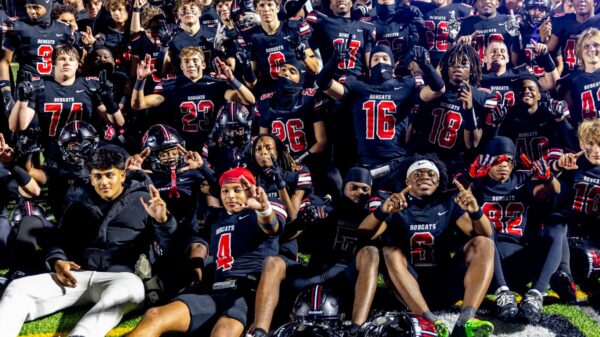A recent survey commissioned by Qlik highlights the growing influence of artificial intelligence (AI) on the management of fantasy football teams among American players. The survey, which polled 1,000 fantasy football enthusiasts across the United States, found that 72% of respondents rely on AI to aid in their roster decisions. Notably, nearly a third expressed willingness to allow AI to manage their teams entirely—an inclination that rises to 45% among players aged 35 to 44.
Trust and Competitive Dynamics
While only 13% of participants view the use of AI in fantasy football as a form of cheating, a significant 44% are concerned that widespread AI adoption could eliminate competitive advantages, creating a more leveled playing field. This sentiment reflects broader trends in professional environments, where access to AI tools is becoming standard, and competitive success increasingly depends on the quality of data and strategic execution.
Interestingly, the survey revealed that 52% of respondents manage their fantasy teams during work hours. Yet, 42% reported feeling more comfortable utilizing AI in a professional context compared to managing their fantasy leagues. This suggests that workplace dynamics may foster greater trust in AI technologies than personal settings, challenging the assumption that personal technology use drives workplace behavior.
Practical Applications and Generational Perspectives
The primary applications of AI among fantasy football fans center around structured decision-making. Key tasks include weekly lineup choices (20%), draft moves (19%), draft preparation (18%), and trade evaluations (16%). Only 9% of respondents reported using AI for more creative tasks, such as generating team names or engaging in banter, indicating that fans prefer to use AI where outcomes can be clearly defined and measured.
A generational gap is evident, with younger and mid-career fans exhibiting a greater willingness to allow AI to take charge of their teams. Only 12% of respondents over the age of 55 would permit AI to manage their fantasy football teams, in stark contrast to nearly half of those aged 35 to 44.
Mike Capone, CEO of Qlik, commented on this trend, stating, “Fantasy football may be a game, but it is also a low-risk, high-interest environment where people reveal how they will engage with AI in more serious contexts.” He emphasized that success in both fantasy sports and business relies not just on access to AI, but on the ability to feed it quality data, interpret its outputs, and make informed decisions.
As AI technology continues to permeate various aspects of life, fantasy football is emerging as a cultural indicator of how trust and oversight in AI can shape competitive advantages, both on the field and in professional realms. The implications of this survey extend beyond sports, suggesting a shift in how society may embrace automation in diverse settings.
































































